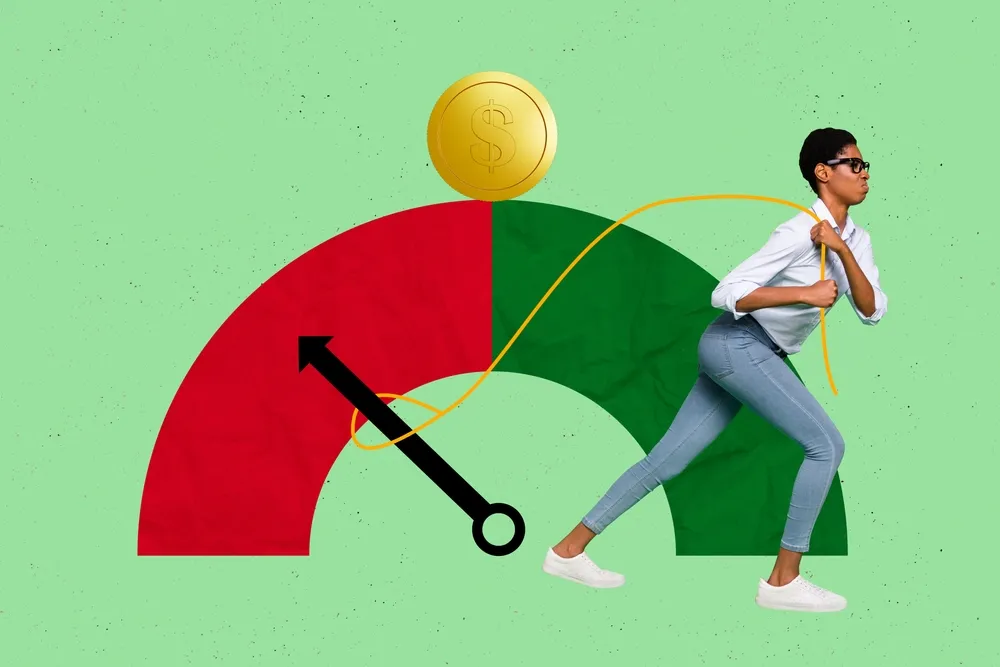Credit Management
Understanding Your Credit Score

Your credit score is one of the most critical numbers in your life. A good credit score can mean the difference between getting approved for a loan and being denied. It can also affect your insurance rates and your ability to get a job. And when inflation is high, lower credit scores mean paying high-interest rates to access credit.
A credit score is a number that represents your creditworthiness. It is based on information in your credit reports, which credit bureaus compile. There are three major credit bureaus: Experian, TransUnion, and Equifax, and they use either a FICO or VantageScore. Credit scores range from 300 - 850. The information in your credit report includes your payment history, credit utilization, length of credit history, credit mix, and new credit.
Payment history is the most crucial factor in your credit score. Payment history includes whether you have made your payments on time and if you have missed any payments. Credit utilization is the second most crucial factor. Credit utilization is the amount of credit you use compared to the credit limit. For example, if you have a credit card with a $1000 credit limit and owe $500, your credit utilization is 50%.
Length of credit history is the third most important factor, so having maintained credit cards and secured loans for long periods shows a stable credit history. The last two factors, credit mix and new credit, matter but to a far lesser extent. Credit mix includes the types of credit you have, such as credit cards, auto loans, and mortgages. A good credit mix shows that you can responsibly manage different types of credit. While acquiring new credit is good, opening too many new accounts can hurt your score.
You can maintain a good credit score by making your payments on time, keeping your credit utilization low, and having a good credit mix history. You can also get a free credit report from each credit bureau annually to keep track of your credit score and ensure there are no errors. Many credit card companies and banks offer monthly access to credit scores, which can fluctuate based on your credit usage.
If you have a bad credit score, there are still things you can do to improve it. You can start by paying your bills on time and bringing your credit utilization down. You can also get a secured credit card, which is a credit card that is backed by a deposit. This will help you build up your credit history and improve your credit score.
Remember, your credit score is one of the most critical numbers in your life, and defaults stay on your credit report for seven years. However, mistakes are less influential on your score as time passes; this is particularly true if you’ve created a new positive repayment history. So it’s never too late to turn things around to get back on track.